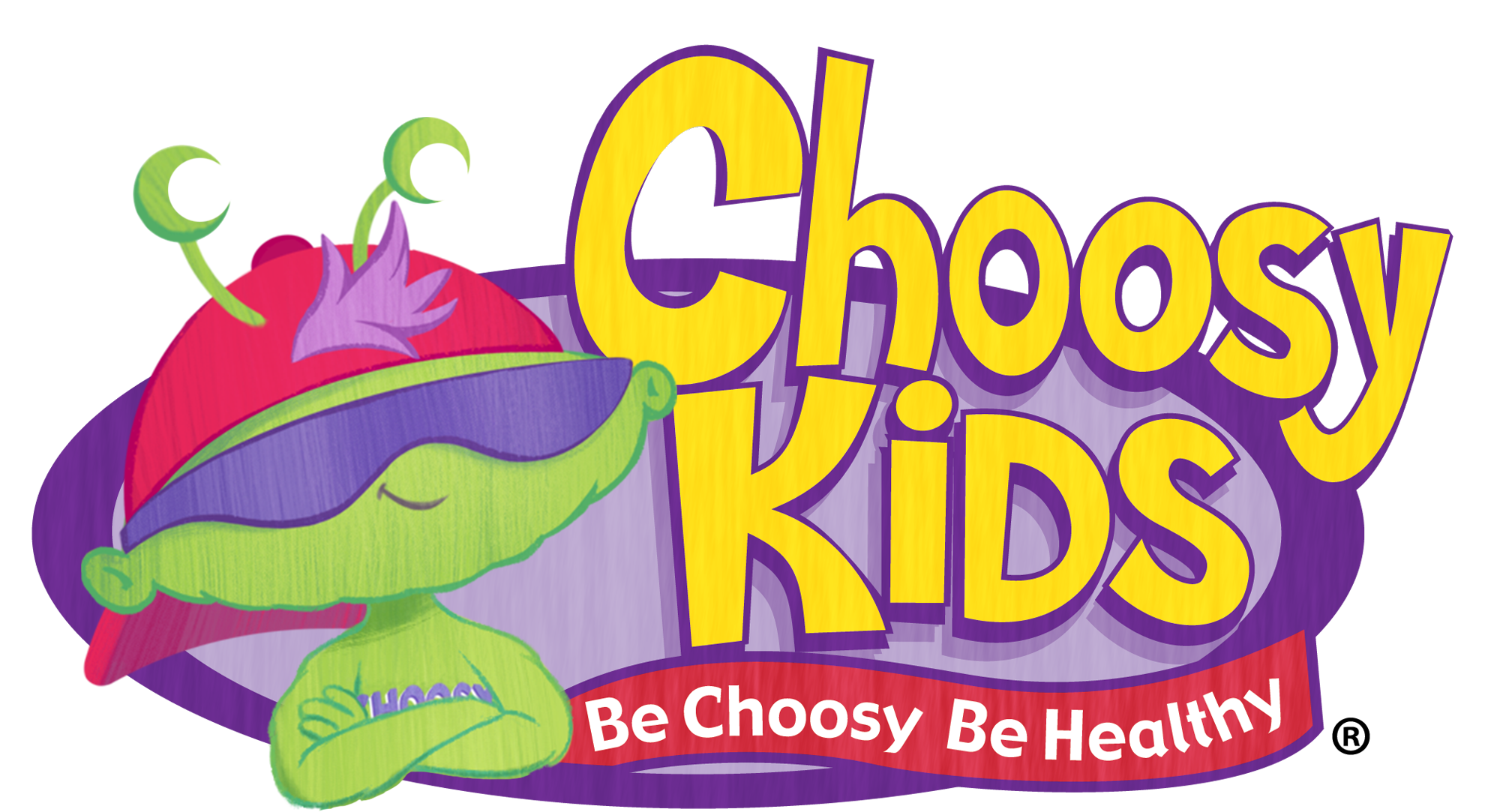
3 Ways Teachers Can Help Children Learn Pro-Social Behaviors
Posted by Christine Cox on

Children learn so much during their first year of life. Many expectations and milestones are reached before their first birthday and there is a lot of pressure on influential caregivers to ensure success. One of those caregivers could be an early childhood teacher. There are millions of children under the age of six in center-based child care programs in the United States. Early childhood teachers everywhere play a vital role in shaping the lives of their students, and one important contribution they undertake is teaching children pro-social behaviors.
Pro-Social Behaviors
According to Eisenberg and Mussen (1989), pro-social behavior refers to "voluntary actions that are intended to help or benefit another individual or group of individuals." The three main pro-social behaviors most often discussed are helping, sharing, and cooperating, but experts do include other behaviors. These three main behaviors are crucial to a child’s wellbeing and social upbringing.
As stated in the book Guiding Children’s Social Development, the development of pro-social skills can be viewed as a three-part process:
- First, in the recognition step, a child must be able to determine if someone needs help.
- Second, the child must decide whether to help or not to act.
- Third, a child must act by selecting and performing an appropriate behavior for that situation.
The Teacher’s Role
Teachers typically become an extension of parents. Through playtime, group activities, and one-on-one time, teachers can develop a bond with their students and a sense of attachment to help encourage healthy growth and development. The first year of life is a critical time for bonding with children so it is important that teachers help with the development of pro-social behaviors, especially outside of the home and in group settings.
These skills don’t always come naturally to everyone. Sometimes children need to be taught, informed, or shown these behaviors. Often, adults might assume children know what they are saying, but maybe children were never explained what a certain word or action means. For example, you can teach children to say sorry when an accident happens. If you say to them, “Say sorry for XYZ to Bobby,” they will know what you mean. But if you change the wording to, “Apologize to Bobby for XYZ,” they may not know what apologize means!
3 Ways to Teach Pro-Social Behaviors
There are numerous ways teachers can help children learn the skills and behaviors needed to act in a pro-social manner. According to the National Association for the Education of Young Children (NAEYC), the classroom is a great place to learn about human relationships. Here are just a few ideas to get you started with students learning pro-social behaviors.
- Active Play - To help children learn any of the pro-social behaviors, they will need to engage in active play with you and other children. Sharing and helping are used during active play a lot because one child may want to play with a toy that another child has, or another child may need help with something and another child can assist. Encouraging children to help and share with others leads to them being generous adults and open to accepting help when needed.
- One-On-One Time – Children yearn for one-on-one time with the people they look up to. As a teacher, you will likely become a rock—a source of stability for some children. They will lean on you, rely upon you and need you, even when they are at home. One-on-one time allows you the time to be positive, point out the good moments of the child’s day and encourage the child to be a good person.
- Be a Good Role Model – Like stated above, you are looked up to, but don’t forget this when you are outside of the classroom. Children are always watching. And they listen. When you do a good deed, tell you students about it so they can learn how you are helping others. Tell them about how adults share too. And point out when other people are cooperating.
Teach Them When They Are Young
Research shows that developmental and socialization foundations are learned in early childhood. Teaching these pro-social behaviors early on in life can contribute to a child’s social and academic success in school as they get older. When you witness children grasping these concepts early on, tell them that they learned it, praise their knowledge and encourage them to keep up the good behaviors.
What ways have you taught pro-social behaviors in the classroom? If you are a parent, had you heard about this prior?
Share this post
- 35 comments
- Tags: do what i do, MP3








tadalafil https://elitadalafill.com/ buy tadalafil us
Сервис касательно развозка гостей на заранее снятом микроавтобусе из предприятия Повозкинь заказ автобуса способствует устраивать путушествия в надобную территории к предложенное дистанцию, потому сейчас Вы сможете наметить значимое праздник также пребывать убежденным у том, о том что мы вовсе без легко доставим любое количество персональных сотрудников. Коллектив Повозкинь совершает поездки по города Москвы также за городскими рамками за низкую прайс и по всевозможными содержанием в микроавтобусе. Специально к наших клиентов у нас имеется личный парка автомобилей, в каком клиенты можете нанять комфортный https://povozkin.ru/ транспорт: большой автобус, спринтер либо легковушки такси и оформить автобус на выбранную день. наша команда хорошо реализуем развозку группы, ваших работников, малышей, визитеров, старшекурсников по любом численности у удобных автобусах также с Povozkin.Ru квалифицированными шоферами. Осуществить бронь микроавтобуса для вашего день есть возможность непосредственно к данном веб-страничке, заполнить требования либо перезвонить на наш номер сотового!
sildenafil buy over the counter https://eunicesildenafilcitrate.com/ sildenafil otc us
vardenafil 20 mg https://vegavardenafil.com/ generic levitra vardenafil 20mg
https://bushweedo.com/feminized-cannabis-seeds/